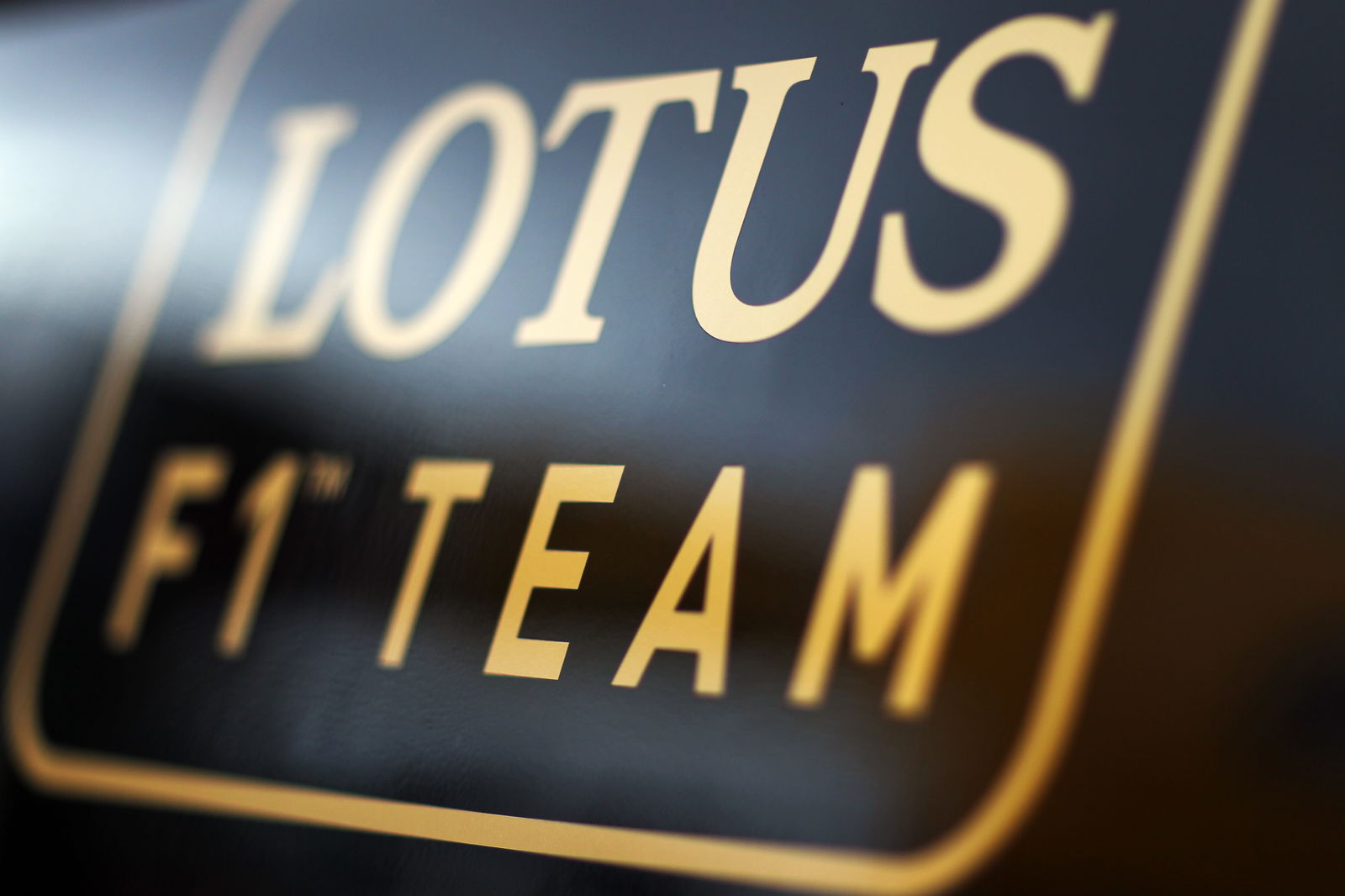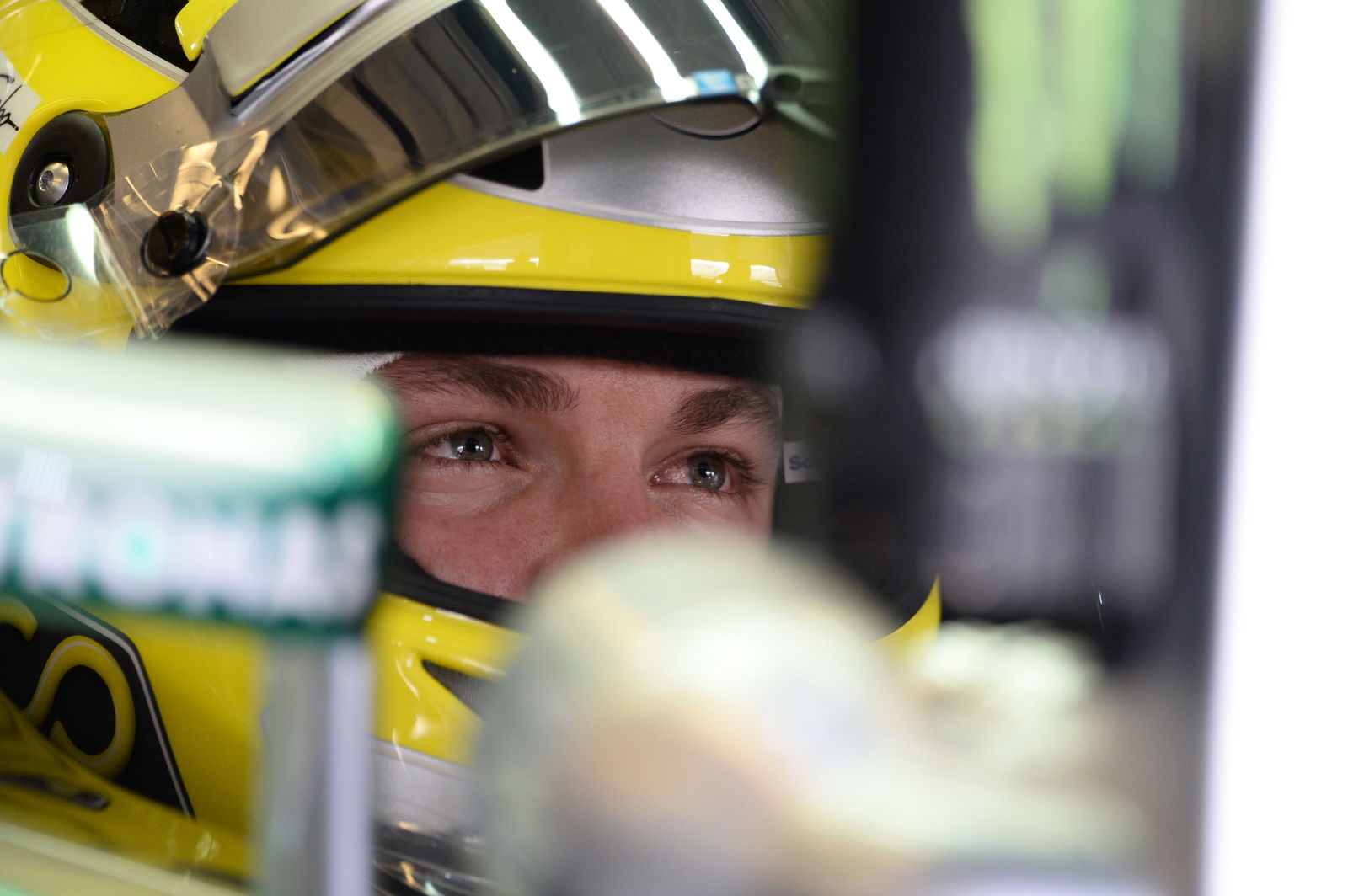Kate Walker: The manifesto has landed

Used to keeping her eye on the behind the scenes wheeling and dealing that makes F1 a political melodrama, here columnist Kate Walker takes a look at FIA president Jean Todt's manifesto for his next term in office - assuming he is re-elected, which now looks a formality...
While one of the big stories of the Austin race weekend was David Ward's withdrawal from the FIA elections, another big political story slipped under the wire almost entirely unnoticed - incumbent Jean Todt, who now looks set to stand unchallenged, has published his manifesto.
Divided into four pillars entitled Prepared to take the next steps; Mapping the future of motor sport; Driving the motoring agenda; and Driving responsible change, Todt's manifesto is a checklist of the FIA's key areas of interest: clubs, mobility, sport, and sustainability.
The first pillar promises a continuation of ongoing work to improve standards of governance within the FIA while also seeking to improve services for member clubs by "establish[ing] a Club and ASN Liaison Office within the FIA as a 'one-stop shop' for members seeking advice about FIA services and access to them".
The recent Concorde negotiations have given the FIA a larger pot of money to play with in the coming years, and Todt pledges to establish a new group focussed on resource allocation with a view to ensuring that clubs and ASNs can benefit from the Federation's new-found wealth, with an emphasis on training and campaigns.
The second pillar, which concentrates on sport, primarily seeks to grow grassroots motorsport around the world via the creation of a Motor Sport Development Department, a new body that will report to and act upon recommendations made by a beefed-up World Motor Sport Council. Again, much is made of training and education, and of cooperation between not only the various clubs and regions, but also between the arms of the FIA, including the FIA Foundation and the FIA Institute. Safety in motorsport is an ongoing area of improvement, as it deserves to be.
Clubs are again at the forefront in Todt's goals for mobility; the Frenchman will expand the existing World Council for the Automobile, Mobility and Tourism, bringing it into line with the better-known WMSC. A new Club Development Department will be tasked with helping to grow clubs in countries relatively new to the FIA. Again, education is a cornerstone - the FIA University will be expanded, while online learning tools will be made available to clubs to ensure all members are working to the same standard.
Finally, Todt's sustainability aims involve the continuation of a number of ongoing projects, such as the Global Fuel Economy Initiative and the Action for Road Safety Campaign, and the introduction of targeted carbon emissions reduction at sporting events.
From a media perspective, what was most interesting about Todt's manifesto was not the pledges made, but the weighting of the four pillars. As fans of motorsport, the FIA appears to impact our lives most directly in its sporting role. In reality, however, through its many years of work in improving road safety standards - including improving vehicle safety - and its work to create an environment of sustainable motoring in an increasingly green world, the Federation's politically active side is more relevant than its sporting side.
Todt's manifesto has not ignored the world of sport, but rather than concentrating on one or two of the Federation's flagship championships, his sporting aims are inclusive. He wants to increase amateur access to motorsport, to develop a grassroots fanbase of engine-powered sport (and not just F1 and WRC and their feeder categories), and to improve sporting safety standards around the world.
Where Max Mosley wanted to bask in the reflected glory of Formula One, Todt and team have understood that without club level racing, without passionate amateurs, we risk losing the bottom layer of the motorsport pyramid. And without strong foundations, the pyramid will eventually crumble, taking the top tiers with it.
Kate Walker
Kate Walker is the editor of GP Week magazine and a freelance contributor to Crash.net. A member of the F1 travelling circus since 2010, she keeps an eye on the behind the scenes wheeling and dealing that makes Formula One a political melodrama.

